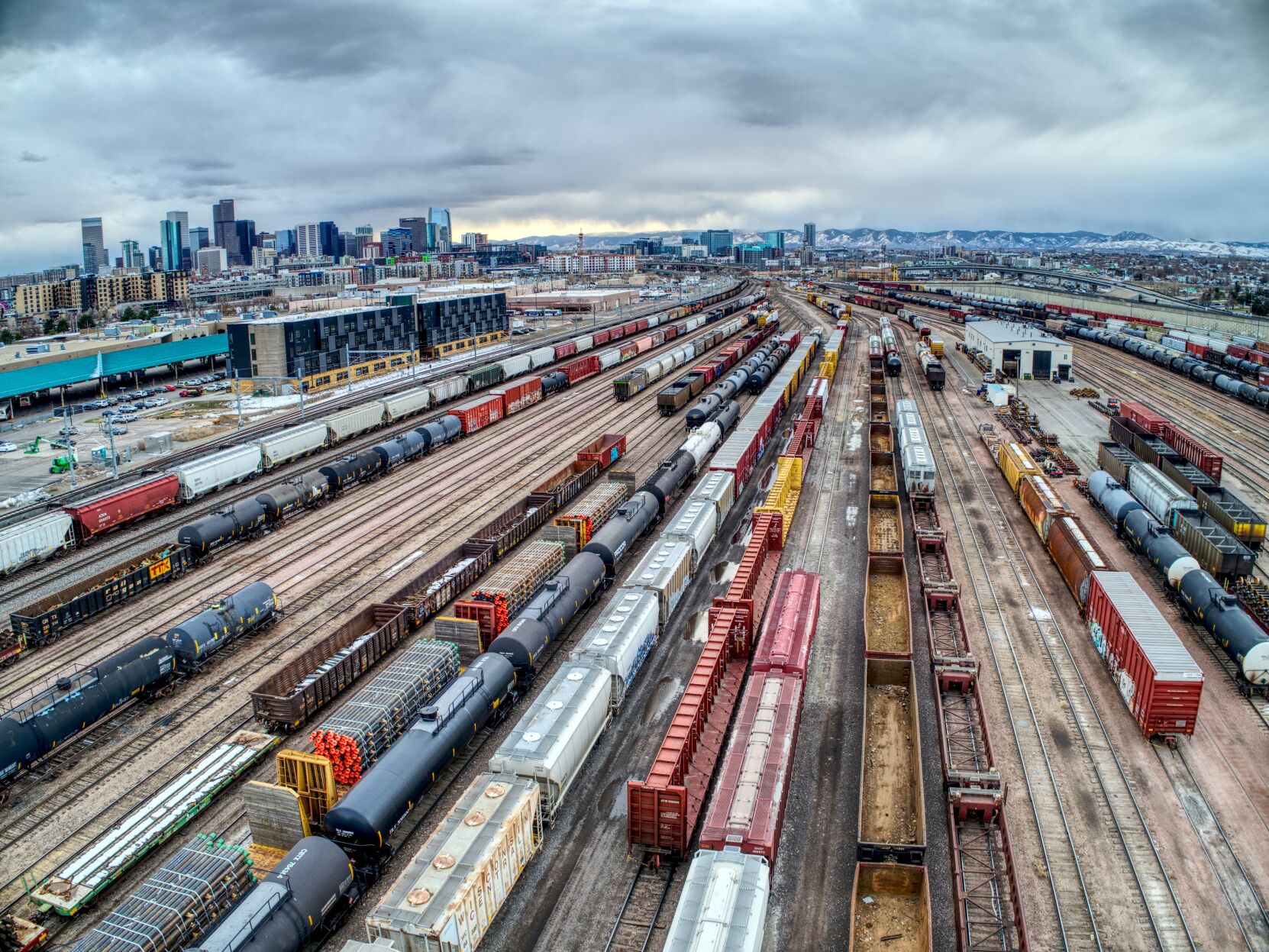The National Grain and Feed Association urged leaders of railroads and rail labor unions to remain at the negotiating table and commit to reaching an agreement by Sept. 16 to avoid a nationwide rail shutdown.
“A rail stoppage on Sept. 16 would hit right as the fall harvest accelerates in many parts of the United States,” said NGFA President and CEO Mike Seyfert in a Sept. 12 letter. “The economic damages across the food and agricultural supply chain would be swift and severe.”
Railroads and rail labor have until Sept. 16 to reach an agreement that would prevent a lockout or strike after the Presidential Emergency Board published a proposed settlement on Aug. 17. Class I railroads announced late last week that they would begin curtailing shipments of hazardous materials today in anticipation of a possible strike.
Congress could be called upon to settle differences in the event of an impasse in negotiations, but NGFA urged the parties to avoid this outcome. The rail network has been experiencing significant service disruptions for nearly three years. Any additional disruption of rail service would have immediate impacts on the nation’s supply chain, NGFA noted.
“Economic challenges to livestock and poultry producers this year due to rail service delays are well-documented, and a shutdown would quickly cause additional problems and force producers to make difficult decisions regarding the viability of their animals,” Seyfert said, adding that processing and biofuels plants may have to scale back production and exporters may not be able to find viable transportation alternatives.
“NGFA urges all parties involved to continue good faith negotiations,” he said. “No one wins if a shutdown occurs—the agricultural value chain and consumers who rely on it stand to lose the most.”
NGFA and 30 other members of the Agricultural Transportation Working Group on Sept. 8 asked Congress to prevent a rail stoppage “of any duration,” noting that uninterrupted rail service is vital to the American agricultural economy.


